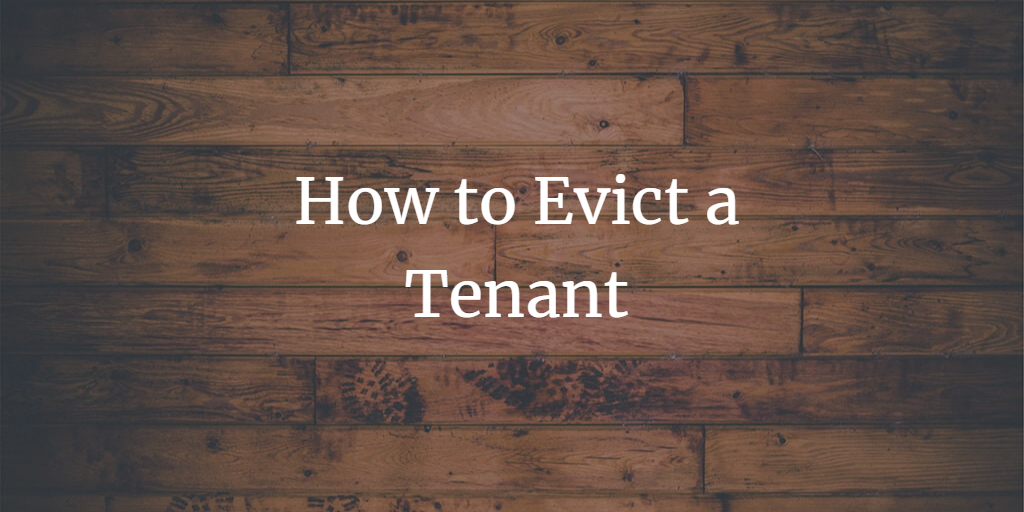How to Evict a Tenant in India: Respecting Tenants' Rights

Table of Contents
Understand Tenancy Laws
Grounds for Eviction
Serving a Notice to Quit
Filing an Eviction Suit
Court Proceedings
Execution of Eviction Order
Rights of Tenants
1. Understand Tenancy Laws
Familiarize yourself with the relevant tenancy laws, such as the Transfer of Property Act, 1882, and the state-specific Rent Control Acts. These laws regulate the eviction process and protect the rights of tenants.
2. Grounds for Eviction
Identify valid grounds for eviction, as outlined in the tenancy agreement and the applicable laws. Common grounds for eviction include non-payment of rent, subletting without permission, or causing damage to the property.
Eviction grounds in India are defined by the Rent Control Acts and other tenancy laws. These grounds allow landlords to evict tenants under certain circumstances. It is crucial to understand these grounds to ensure a lawful eviction process. Below, we provide a detailed explanation of common grounds for eviction in India.
Non-payment of rent: If the tenant consistently fails to pay rent or has accumulated a significant amount of rent arrears, the landlord has the right to initiate eviction proceedings.
Subletting without permission: If the tenant sublets the rented property or any part of it without the landlord's written consent, it can be a valid ground for eviction.
Damage to the property: If the tenant causes substantial damage to the property or diminishes its value, the landlord can seek eviction.
Nuisance or illegal activities: If the tenant uses the property for illegal purposes or creates a nuisance that disturbs the peace and tranquility of the neighbors, the landlord can evict them.
Personal use: If the landlord requires the property for their personal use or for the use of their immediate family members, they can evict the tenant, provided they give proper notice.
Violation of the rental agreement: If the tenant violates any terms or conditions of the rental agreement, it can be a ground for eviction. For example, keeping pets without permission or making unauthorized modifications to the property.
End of lease term: If the lease term has expired and the tenant refuses to vacate the property, the landlord has the right to initiate eviction proceedings.
Non-residential purposes: If the tenant uses the residential property for non-residential purposes, such as operating a business or commercial enterprise, the landlord can seek eviction.
Bona fide requirement: In some states, landlords can evict tenants based on a genuine need for the property, such as redevelopment or major repairs that cannot be carried out without the property being vacated.
It is important to note that eviction grounds may vary across states, and landlords must adhere to the specific laws applicable in their jurisdiction. Moreover, landlords must follow the proper legal procedure, which includes serving a notice to quit and filing an eviction suit in court, to evict a tenant on any of these grounds.
3. Serving a Notice to Quit
When issuing a Notice to Quit to a tenant, it is crucial to accurately identify all tenants involved. This includes naming all adult occupants residing in the unit.
Furthermore, the Notice should also contain the following information:
The property's address.
The specific floor where the apartment is situated.
The precise unit number occupied by the tenants.
Lastly, the Notice must bear the signature and date from the landlord or an authorized representative of the landlord.
4. Filing an Eviction Suit
If the tenant does not comply with the notice to quit, the landlord must file an eviction suit in the appropriate court. Ensure that you submit all necessary documents, including the rental agreement, notice to quit, and any evidence supporting the eviction grounds.
5. Court Proceedings
The court will hear both parties and examine the evidence presented. It is essential to present a strong case, highlighting the valid grounds for eviction and adherence to legal procedures. The court may order mediation or suggest a settlement if it deems it appropriate.
6. Execution of Eviction Order
If the court rules in favor of the landlord, it will issue an eviction order. The landlord must then apply for an execution order to enforce the eviction. The local authorities or the court-appointed officer will oversee the eviction process and ensure the tenant vacates the property.
7. Rights of Tenants
Tenants in India have various rights that landlords must respect during the eviction process:
The right to a fair trial and to be heard in court.
The right to receive adequate notice before eviction.
The right to legal representation during court proceedings.
The right to appeal the eviction order if they believe the judgment was unfair.
By understanding the eviction process and respecting the rights of tenants, landlords can ensure a lawful and smooth eviction. Remember, it is always a good idea to consult a legal expert to guide you through the process and help you navigate any complexities that may arise.


